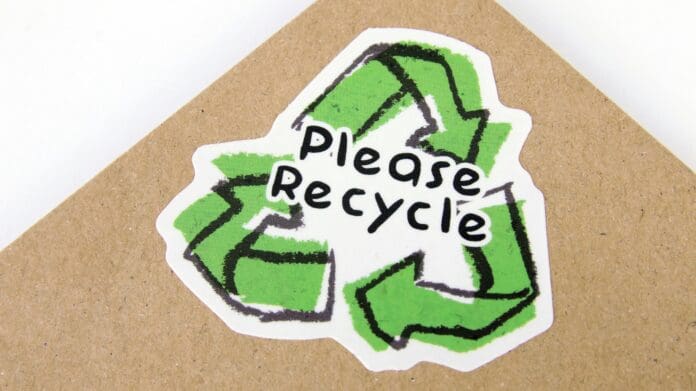This post is also available in:
 עברית (Hebrew)
עברית (Hebrew)
A new chemical recycling method could finally offer a sustainable solution to one of the toughest plastics ever made. Researchers from the University of Birmingham and Newcastle University have developed a simple, low-energy process that breaks down Teflon — the polymer best known for its use in non-stick coatings — into valuable, reusable materials.
Teflon, or polytetrafluoroethylene (PTFE), has long been prized for its durability and resistance to heat and chemicals. Those same properties, however, make it extremely difficult to recycle or dispose of safely. When burned or left to degrade, it can release persistent “forever chemicals” that remain in the environment for decades.
The new approach, described in The Journal of the American Chemical Society, replaces high temperatures and harsh solvents with mechanical motion and a common metal. By simply grinding PTFE with sodium in a sealed steel container, the reaction occurs at room temperature — using mechanical energy rather than heat to drive the process.
According to Interesting Engineering, this “shaking-based” reaction breaks the strong carbon–fluorine bonds within Teflon, producing harmless carbon and sodium fluoride — the same stable compound found in toothpaste. Importantly, the sodium fluoride can be reused directly to make new fluorine-containing chemicals used in pharmaceuticals and advanced materials.
Fluorine is an essential element in roughly a third of modern medicines and many high-performance products, but it is typically mined through energy-intensive and polluting processes. Recovering fluorine from existing waste, therefore, could reduce the environmental impact of both manufacturing and disposal.
The team verified the purity of the reaction products using advanced solid-state nuclear magnetic resonance (NMR) spectroscopy, confirming that the process yields clean sodium fluoride with no unwanted by-products.
Beyond offering a cleaner end-of-life option for Teflon-based products, the method could pave the way for a circular fluorine economy — where the element is continually recovered and reused rather than extracted anew. By combining simplicity, efficiency, and environmental responsibility, this room-temperature recycling approach could change how industries think about fluorinated materials and their waste.
The original press release can be found here.


























